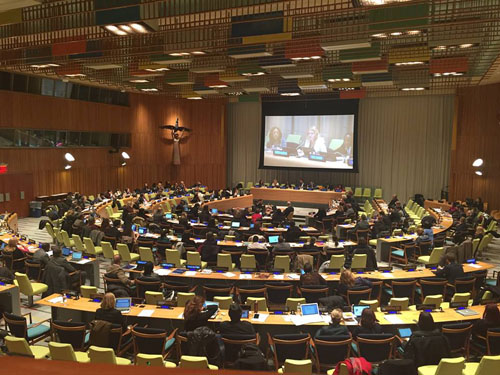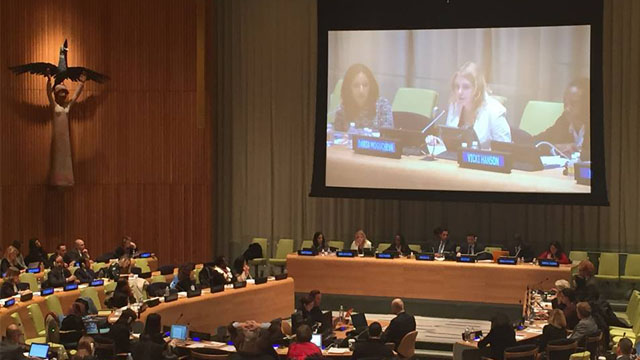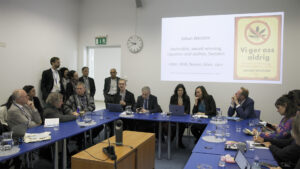Drug users demand governments to lift the ban on opiate substitution treatment and remove criminal sanctions of drug use – a speech delivered by Daria Mogucheva on behalf of the Eurasian Network of People Who Use Drugs at the civil society hearing in preparation of the UNGASS on drugs, to be held in April.





